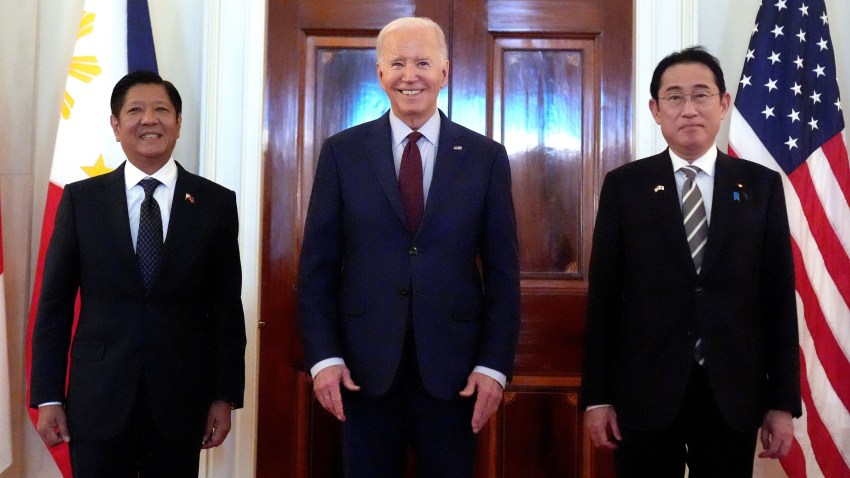U.S. President Joe Biden hosted Japanese Prime Minister Kishida Fumio and Philippine President Ferdinand R. Marcos Jr. yesterday, in the first trilateral U.S.-Japan-Philippines leaders’ summit. The meeting centered on shared security interests and strengthening the alliances between the three governments, with an eye toward China’s increasing regional and global influence. This narrow focus on China, however, highlights the lack of seriousness paid to the escalating conflict and human rights catastrophe in Myanmar.
The summit was preceded by preparatory meetings last month in Tokyo, where newly confirmed U.S. Deputy Secretary of State Kurt Campbell huddled with his Japanese and Philippine counterparts to discuss “maintaining peace and security in the Indo-Pacific, including in the South China Sea and East China Sea,” as well as “economic security and resilience; defense and security; the international law of the sea” and other issues. Though wide-ranging, the talks similarly revealed the U.S. government’s preoccupation with establishing a coalition of allies in Asia to counter China’s growing influence and power.
Similarly, at yesterday’s summit, the countries’ three leaders formally announced that the Philippines will host joint naval exercises with the U.S. and Japan later this year in the South China Sea, where the Philippine navy has engaged in a series of escalating standoffs with Chinese coast guard vessels in recent months.

